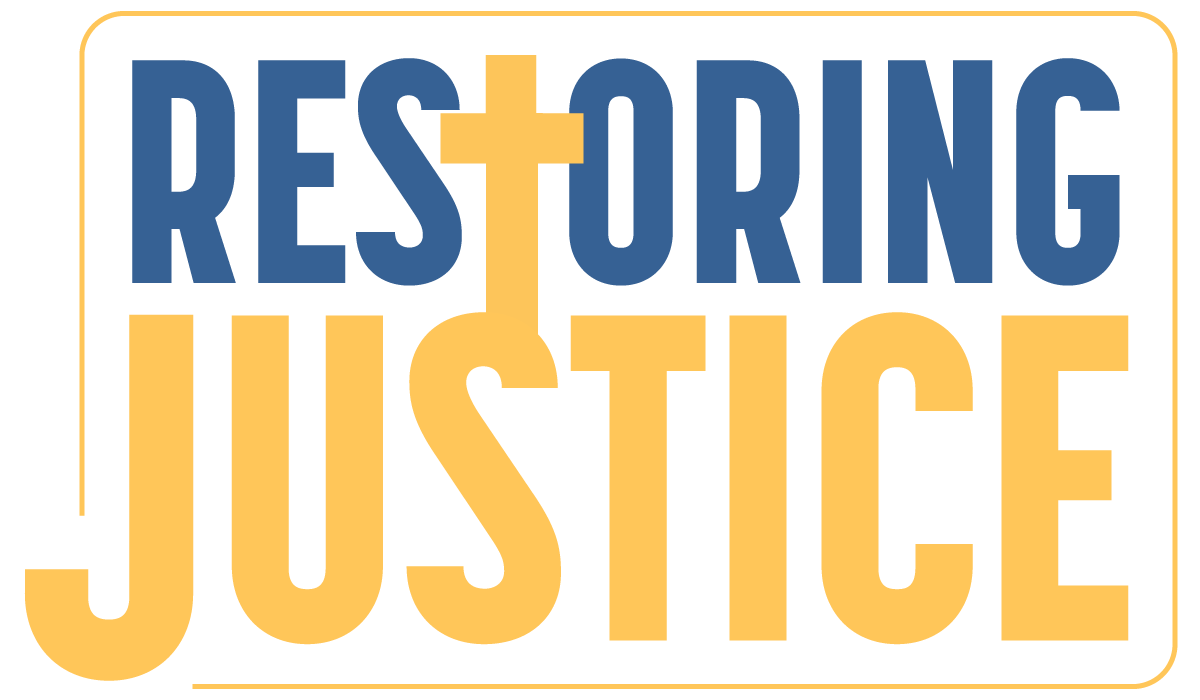An Unfulfilled Blueprint for Equality and Justice
"We know through painful experience that freedom is never voluntarily given by the oppressor; it must be demanded by the oppressed." - Martin Luther King, Jr., Letter from Birmingham Jail
Dr. Martin Luther King, Jr.'s birthday serves as a moment of great reflection and is an instrumental part of the founding of our organization. On this day six years ago, Restoring Justice took its first steps toward a vision of serving those who cannot afford legal representation. Since then we have expanded our mission to include a holistic model that focuses on social services, counseling, and a supportive community network. Everyday we see the echoes of Dr. King's meditations on racial injustice, professed nearly 50 years ago: the limitations of the legal system, the need for expansive anti-poverty programs, the urgency of demanding freedom. Dr. King left behind an unfulfilled blueprint for greater equality and justice in America, and we consider his pointed directives an ever-present north star of our work.
Photo: Unseen Histories via Unsplash
Perhaps, when we think of Dr. King's legacy, we most immediately recall that he championed nonviolent direct action with the express intention of ending segregation through civil disobedience efforts like sit-ins, protests, and boycotts. A primarily Black population mobilized, bravely risked jail and state violence and surveillance because, as Dr. King saw it, the legal system was simply inadequate and severely limited as a solution to address racial injustice. In the years prior, the National Association for the Advancement of Colored People was able to tackle piecemeal the status quo of separate but equal, but King describes the mismatch between legal victory and reality like so: "Yet the failure of the nation, over a decade, to implement the majestic implications of these decisions caused the slow ebb of the Negro's faith in litigation as the dominant method to achieve his freedom. In his eyes, the doctrine of legal change, and as the sole weapon of struggle, now proved its unsuitability."
As a pro bono legal organization, Restoring Justice wrestles with a legal system that is set up to mercilessly punish our clients for any alleged infraction of the law, often a product of poverty. We fight for the freedom of our clients while juggling the harms and fallout of their ongoing legal cases. We see, looking broadly at the people we serve, an injustice borne out of complicated family situations, poverty, and racial discrimination. We believe in the power of a dedicated lawyer, a precious resource despite the guarantees of the Sixth Amendment, but also know that our country does not prioritize the needs of indigent people, and prolongs their suffering because they cannot afford legal representation that centers their desires - or even cares to see them as an individual. After George Floyd's murder in 2020, millions marched and focused their calls on policing, a visceral demand to recognize that Black lives matter. In addition to this, so long as the legal system exists as it does presently, client-centered representation is an integral step towards ending mass incarceration.
Photo: New York Public Library via Unsplash
Dr. King was also acutely aware of economic injustice for both Black and white Americans. Perhaps nothing pushed him further on this idea than U.S. involvement in Vietnam: its costs, the evils of imperialism, and the deep hypocrisy of sending Black troops to a country to fight for democracy when violence and mob rule terrorized Black communities in the states. "The pursuit of this widened war has narrowed domestic welfare programs, making the poor, white and Negro, bear the heaviest burdens both at the front and at home. While the anti-poverty program is cautiously initiated, zealously supervised and evaluated for immediate results, billions are liberally expended for this ill-considered war…We are isolated in our false values in a world demanding social and economic justice. We must undergo a vigorous re-ordering of our national priorities." At Restoring Justice, our social services team sees up close the net effect of this disinvestment in poor communities. Finding housing, advocating for our clients' health, attaining important documents, or even getting an inmate glasses while in jail so he can see are overwhelming tasks in today's ecosystem. Unable to get their needs (among them: addiction recovery, mental illness, trauma) addressed, many of our clients are relegated to jail. And as one client attests, asking for help is often an exercise in explaining one's humanity.
Photos, clockwise: New York Public Library via Unsplash, Carol Highsmith via Library of Congress, muora via Flickr
The topic of racial injustice may permeate our conversations today, but our inability to recognize, or much less make progress towards, economic inequality is one that Dr. King keenly acknowledged. He went so far as to propose a "Bill of Rights for the Disadvantaged": "It is a simple matter of justice that America, in dealing creatively with the task of raising the Negro… should also be rescuing a large stratum of the forgotten white poor. A Bill of Rights for the Disadvantaged could mark the rise of a new era, in which the full resources of the society would be used to attack the tenacious poverty which so paradoxically exists in the midst of plenty."
We at Restoring Justice celebrate Dr. King's birthday as more than a holiday. His legacy serves as a persistent reminder of his accomplishments as well as of a dream cut short and unrealized. It pushes us to continue his work through our own efforts and advocate for change for our clients and communities.



